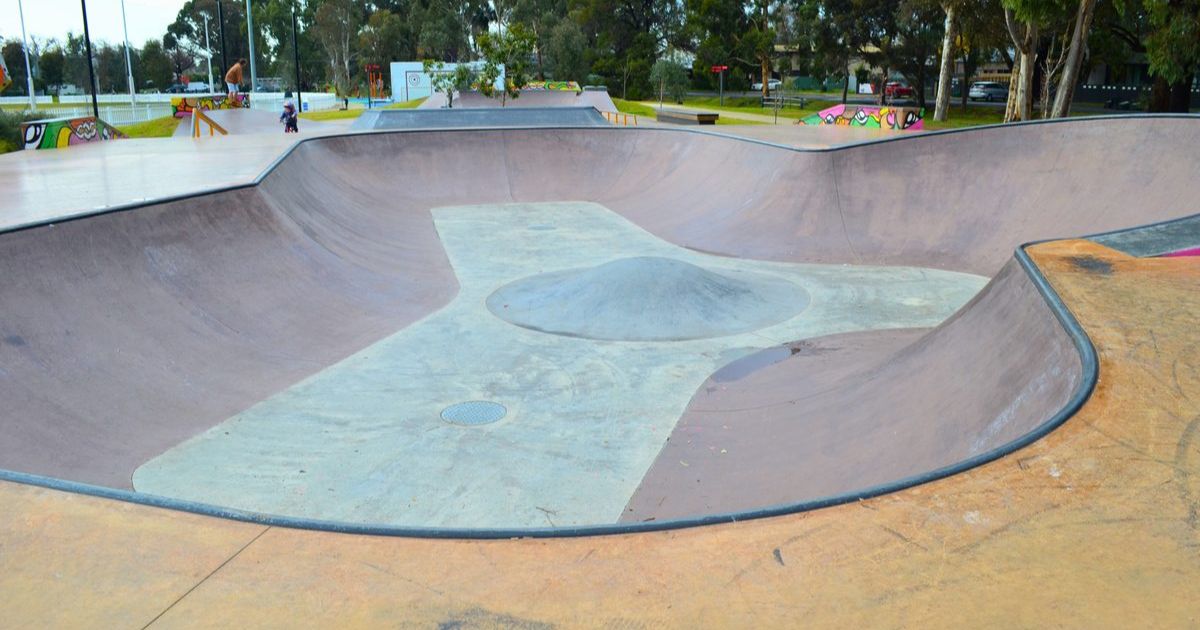From the desk of Roland Rocchiccioli – 22 January

Solutions: Riverbank was opened in 1960 as Australia’s first maximum security reformatory for boys. It was purpose built to address the two tensions in youth offending: the welfare needs of young offenders, and their offending behaviours. Photo: SUPPLIED
As a child – and to my consternation – I was constantly being threatened: “If you don’t behave yourself, young man, I’ll send you to a reformatory school!”
PARADOXICALLY, and apropos of nothing, my later mother, Beria, turned to me one day and said, “It’s a funny thing, but I can’t remember you ever being naughty when you were a child!” She was about 90 at the time, and I recognised there was nothing to be achieved by reminding her of her ominous threat. Little did she realise, it did bother me at the time – greatly.
My anxiety was exacerbated by Beria’s mercurial nature. While she was a caring mother, she was not beyond leaving me to stay with other people if it suited her wont, and for extended periods. My parents were divorced, and during the week I lived with Beria, and her third husband. Weekends were spent with my father. Beria’s impetuosity proved a constant source of concern, and irritation, for my father. To his enduring credit, never once did he comment on her behaviour to me, or my sister.
Recently, I found on Trove a Laverton Court report on the front page of the erstwhile Leonora Northern Grazier and Miner newspaper – 4 November, 1939. It read, “Mrs Roccheccioli, of Beria, charged Bert Read, of Beria, with assault, and her case was handled by Mr Ryan, solicitor, of Kalgoorlie. Bert Read also brought a counter charge against Mrs Roccheccioli.
“After hearing evidence for both parties, the Magistrate dismissed both charges.”
It caused me to smile, and reminded me of Beria’s dangerously explosive personality. In this instance, I suspect she gave good as she got. She never backed away from a stoush, regardless of the consequences.
Bizarrely, at boarding school, the boarding houses and the classrooms looked out over the Swan River. From one side of the school rooms you looked across to Riverbank – a redbrick, boys’ reformatory school which has since been closed, and abandoned. The irony of Riverbank’s location was not lost on me.
I paused for a moment of recall when the Queensland Premier, Annastacia Palaszczuk, announced, in the wake of the North Lakes home invasion which, allegedly, resulted in the death of Emma Lovell, a range of new penalties for young people who commit serious crimes.
“We know that this has been a tragedy; a murder that has shocked Queensland, and has shocked everyone,” Ms Palaszczuk said, offering her condolences to the Lovell family. In reference to the court system, the Premier added they “need to do their job.”
Youth crime is a problem – it is a serious blight on society. The solution is problematic. Will tougher penalties make a discernible difference? Does the problem lie with the courts and perceived judicial leniency? Are we more concerned with the perpetrator than the victim? They are questions of a most complex nature. The answers are not simple, or immediate.
Despite much lauded success in 1960s and 70s, Riverbank reformatory youth prison was abandoned. In the fullness of time, social mores and public expectations altered to such a degree, the institution was deemed draconian.
While the Queensland changes are to be applauded, there remains one important question: Will stricter penalties serve as a deterrent to those whose lives, for whatever reason, are lived on the wrong side of the law?
The problem is a collective one. Perhaps we need to look at our fractured society and see what all of us can do to mend the cracks.
Roland can be contacted via [email protected].

















